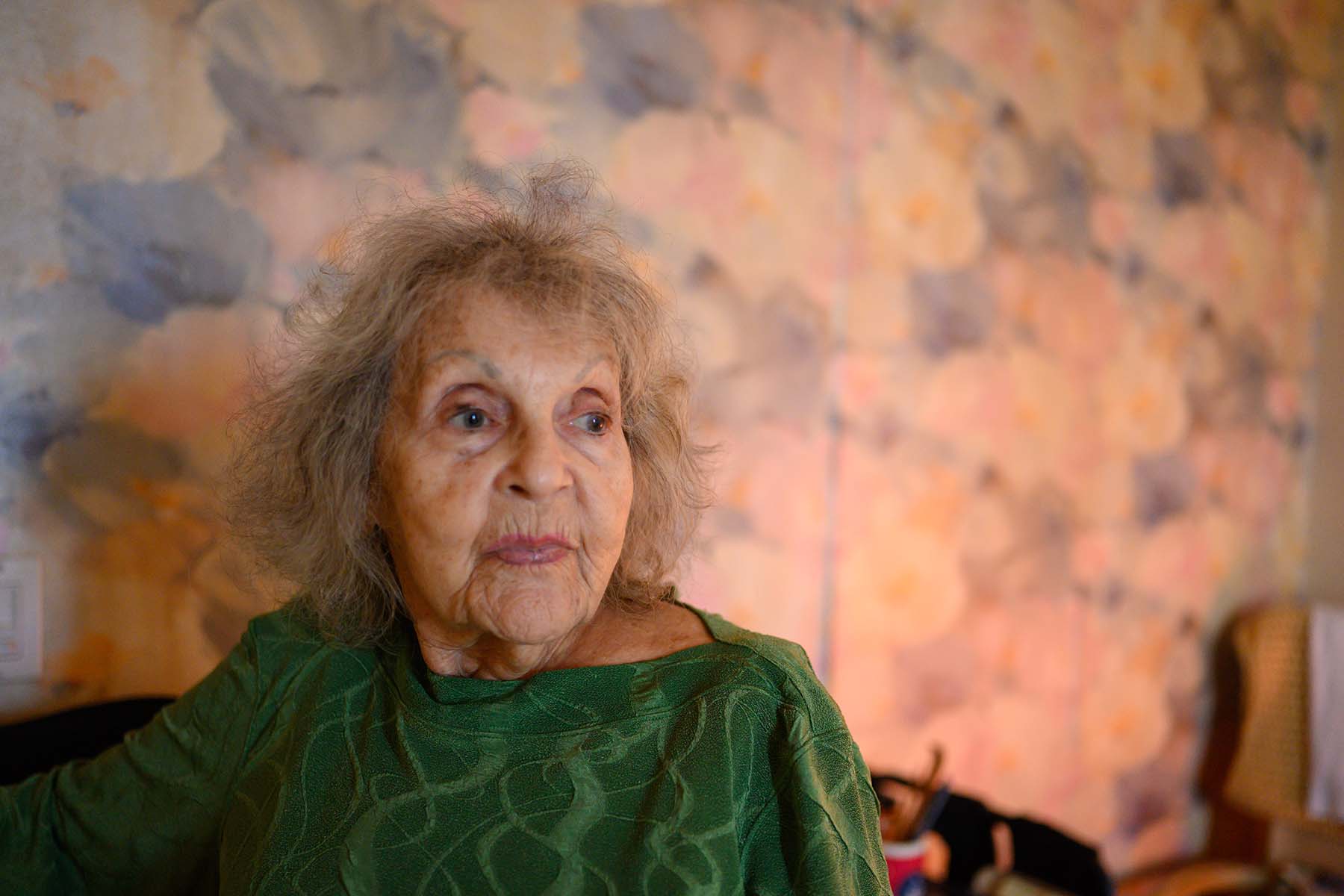Solo Agers: Everyone Needs a Support System

As people age, the dynamics of a family invariably change. In the last decades of life, parents often cede decision-making to adult children, who take over the reins of bill-paying, medical appointments, medication management, even living arrangements.
But what happens when a senior doesn’t have children?
The concern isn’t an insignificant one. As Baby Boomers swell the ranks of the over-65 set, physicians, social workers, and financial professionals are wrestling with the unique issues of solo agers.
Solo agers – some call them elder orphans – are technically defined as older adults who don’t have children. But many health care experts have expanded that definition to include people whose children aren’t available or reliable.
“This is happening more and more,” says Dr. Marcio R. Soares, a geriatrician with the University of Miami Health System. “It’s a growing trend, and we’re going to have more of them 10-20 years from now.”
That’s because baby boomers, specifically boomer women, were more likely to be childless than their older counterparts. For example, 20% of women between the ages of 40 to 44 were childless in 2005, compared to about 12% of that demographic in 1986, according to the Pew Research Center.
Dr. Soares has seen estimates of about 2 million solo agers.
And while 2 million elder adults without a support system may not sound like a lot, the consequences can be enormous.
“One of the biggest issues they face as they age,” Dr. Soares says. “is that they don’t have someone who will automatically be helping them making a health decision. They won’t have someone to be their advocate.”
Such help is essential as older adults’ physical and cognitive skills decline. It’s often adult children who hire caretakers, check on food supply in the fridge, and research medical treatment. They’re the ones who visit enough to notice when it’s time to give up the keys and the checkbook. Without this kind of guidance, the elderly run the risk of exploitation and of not getting the kind of medical treatment they need or the end-of-life care they want.
There are, however, ways for a solo ager to plan for the future so that elderhood is a smooth transition. “It’s never too early to think about what you want your old age to be like,” Dr. Soares says. “Even young people should do this. You never know when you might be incapacitated and unable to make decisions for yourself.”
Growing older on your own? Dr. Soares has some suggestions:
- Avoid isolation. Nurture a robust social network. By building relationships with neighbors, friends, and nearby relatives, you create a support system. You’ll also be able to enlist a trusted person from this group to serve as your go-to or care manager when you need someone to carry out your healthcare wishes. Without a healthcare surrogate, you could become a ward of the state when you can’t make decisions on your own.
- Put your desires for the type of care you want in writing. “When you make decisions about your finances, you should also be making plans for the medical ones,” Dr. Soares says. “Unfortunately, I find that people are pretty good about the financial aspects of their lives, but few think of adding the health component.”
- Draw up advance directives that comply with the specific requirements in your state. These documents include:
- A living will (describes the type of medical care you want or don’t want if you’re permanently unconscious or terminally ill, such as the use of ventilators and IV feeding as well as organ donation)
- A durable power of attorney for health care (where you name a person to make all your health care decisions when you can’t)
- A Do Not Resuscitate, or DNR order
- Talk with your doctor, your loved ones, and the person you have chosen as your health care proxy to explain your choices and reasoning. You want to make sure they’re on board with your end-of-life health care decisions. “You should be having a good conversation on your goal of care decisions,” Dr. Soares says. “It’s more than just a DNR. Do you want intubation? How long chemotherapy? Be specific.” You can find information on advance directive forms from the National Hospice and Palliative Care Organization’s Caring Connection as well as your state bar association. Dr. Soares is a fan of Five Wishes, a ready-made and easy-to-use legal document that makes it easy for adults to consider how they want to be cared for at the end of life.
- Think about where you want to live in your later years. A 55-plus community? Your current home? An assisted living facility? Co-housing with friends of similar ages? The housing situation is, of course, influenced by what you can afford, but it should be accessible enough to doctors and hospitals.
- Keep physically active and mentally engaged. These two factors, along with a strong social network, are the three pillars for healthy solo agers, Dr. Soares says. “People age at different rates, but we can have some control over the quality of our lives by planning ahead and making sure our wishes are known.”

Ana Veciana-Suarez, Guest Columnist
Ana is a regular contributor to the University of Miami Health System. She is a renowned journalist and author, who has worked at The Miami Herald, The Miami News, and The Palm Beach Post. Visit her website at anavecianasuarez.com or follow @AnaVeciana on Twitter.
Tags: Dr. Mauricio Soares, geriatrics, solo agers
